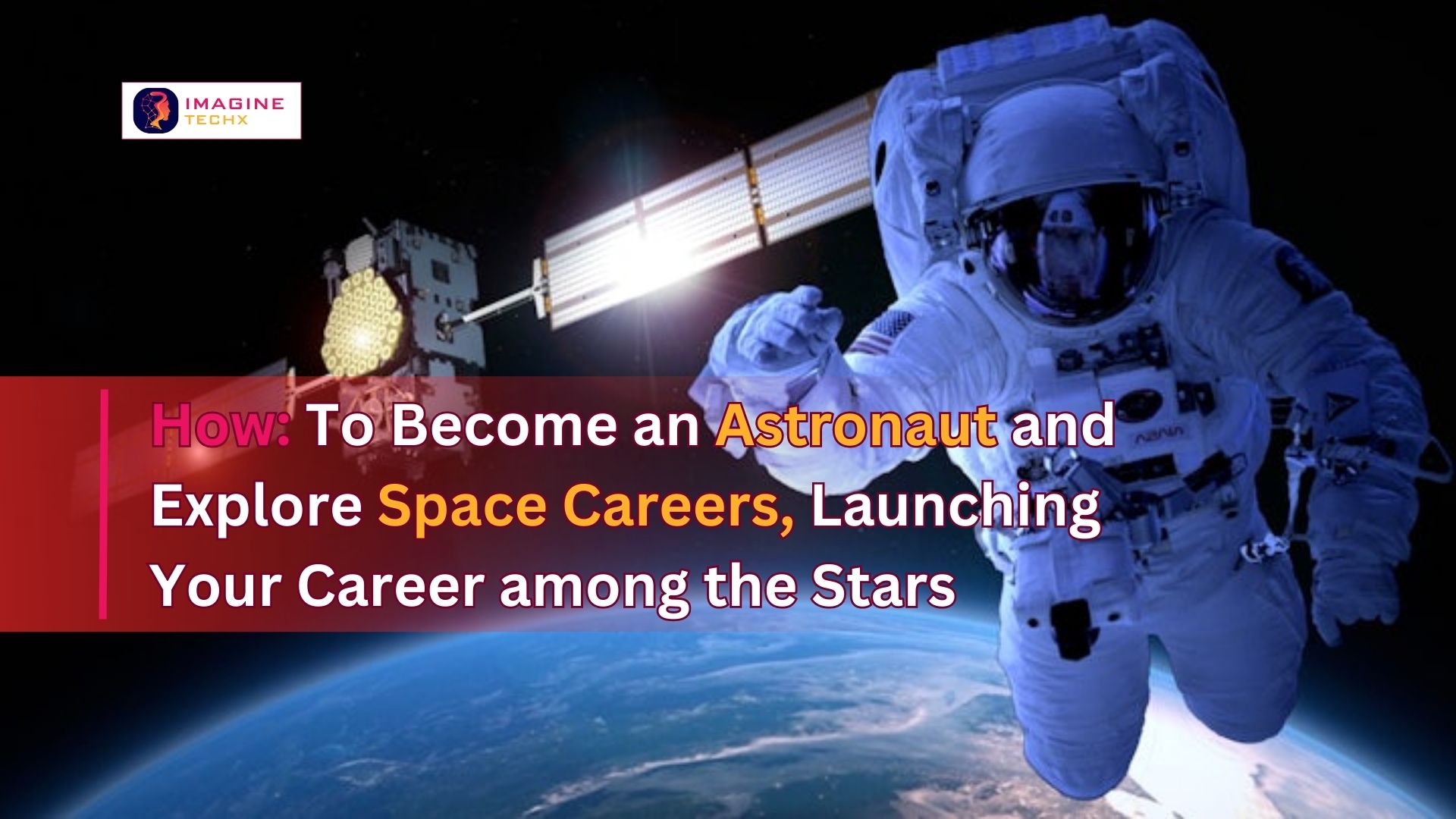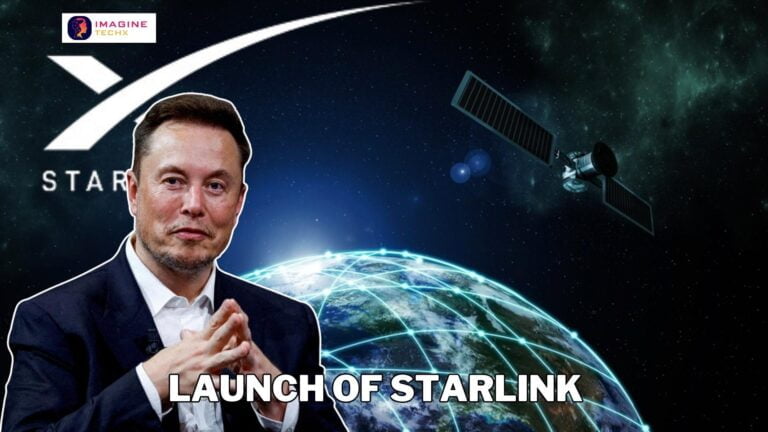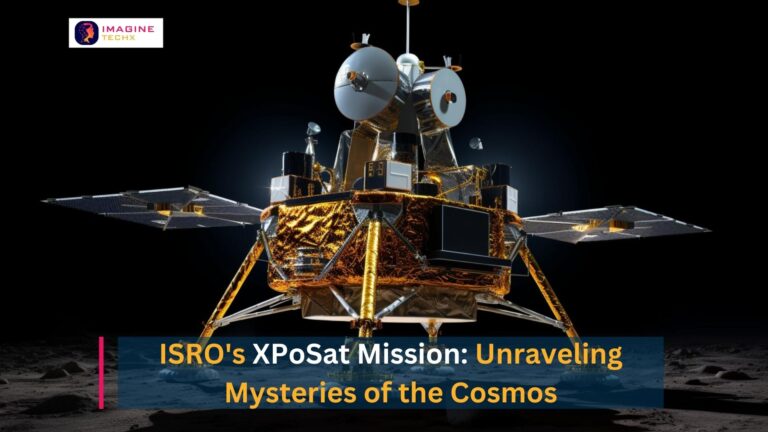Launching Your Career among the Stars: How to Become an Astronaut and Explore Space Careers

Introduction Of Career Among The Star:
The dream of becoming an astronaut and exploring the vast unknown of outer space has captured the imaginations of countless individuals for generations. It’s a dream that symbolizes adventure, scientific discovery, and pushing the boundaries of human capability. While the path to becoming an astronaut is demanding and highly competitive, it’s not the only way to embark on a career in space exploration. In this comprehensive guide, we’ll delve into the various avenues you can pursue to be part of the space industry, from becoming an astronaut to exploring other space-related careers.
You Can Read This Post Also:
ISRO Shares Latest Image Of Moon: It shows a portion of Chandrayaan-3’s landing site
Becoming an Astronaut:
Becoming an astronaut is perhaps the most well-known and revered space career. These elite individuals are responsible for conducting experiments, maintaining spacecraft, performing spacewalks, and representing humanity’s presence in space. Here’s how you can achieve this dream:
1. Education: The journey to becoming an astronaut typically begins with a strong educational foundation. Most astronauts hold bachelor’s degrees or higher in fields such as engineering, physical science, mathematics, or medicine. These fields provide the necessary knowledge and problem-solving skills required for space missions.
2. Work Experience: To stand out as a candidate, gain relevant work experience. Many astronauts are former military pilots, engineers, or scientists. Experience in piloting aircraft or conducting scientific research in extreme environments is highly valued.
3. Physical Fitness: Astronauts need to maintain excellent physical health. The rigors of space travel and the challenging conditions of space demand it. Regular exercise, a healthy lifestyle, and meeting specific medical requirements are essential.
4. Apply: Keep a close eye on space agencies like NASA (National Aeronautics and Space Administration), ESA (European Space Agency), or private space companies like SpaceX for astronaut recruitment announcements. The application process is highly competitive, so ensure that you meet all the requirements and deadlines when applying.
5. Interview and Training: If selected, you’ll undergo a grueling interview process to assess your skills, adaptability, and psychological readiness for space travel. Once accepted into the astronaut corps, you’ll embark on extensive training, including learning how to operate spacecraft, perform spacewalks, and survive in the harsh environment of space.
Space-Related Careers Beyond Astronauts:
While the idea of becoming an astronaut is captivating, it’s essential to recognize that space exploration encompasses a wide range of careers. These careers are equally crucial to the success of space missions and can be just as fulfilling. Here are some noteworthy space-related career options:
1. Astrophysicist: If you’re passionate about understanding the mysteries of the universe, a career as an astrophysicist might be your calling. Astrophysicists study the physics and properties of celestial bodies, ranging from stars and galaxies to black holes and dark matter. They work for research institutions, universities, and space agencies, contributing to our understanding of the cosmos.
2. Aerospace Engineer: Aerospace engineers are the architects behind spacecraft, rockets, and satellites. They design, develop, and test the technology that makes space exploration possible. If you have a knack for engineering and innovation, this field is pivotal in the growth of the space industry.
3. Mission Control Specialist: These professionals work behind the scenes to manage space missions from the ground. They are responsible for ensuring the safety of astronauts, mission success, and troubleshooting any issues that may arise during space missions. Their expertise in communication, problem-solving, and decision-making is critical to the success of every mission.
4. Astrobiologist: Astrobiology is a fascinating field that explores the possibility of life beyond Earth. Astrobiologists investigate extreme environments on Earth to better understand the potential for life on other planets or moons in our solar system and beyond. This interdisciplinary field combines biology, chemistry, geology, and planetary science to answer one of humanity’s most profound questions: “Are we alone in the universe?”
5. Satellite Technician: Satellites play a crucial role in modern space exploration by providing communication, navigation, and Earth monitoring services. Satellite technicians are responsible for maintaining and repairing these satellites, ensuring they continue to function correctly in the harsh environment of space.
6. Space Lawyer: As space exploration advances, it becomes increasingly important to navigate the legal framework governing activities in space. Space lawyers, also known as space law attorneys or space policy analysts, play a pivotal role in ensuring that space activities comply with international treaties and agreements. They help companies and governments understand and navigate the complex legal landscape of outer space.
7. Space Tourism Guide: With the rise of commercial space tourism companies like Virgin Galactic and SpaceX, a new career option is emerging – space tourism guide. These professionals would be responsible for guiding and assisting space tourists during their suborbital or orbital journeys, ensuring their safety and providing an unforgettable space experience.
Key Skills for Space Careers:
No matter which space career path you choose, there are certain skills that are invaluable and universally applicable:
1. STEM Knowledge: A strong foundation in science, technology, engineering, and mathematics (STEM) is fundamental for most space-related careers. These disciplines provide the critical thinking and problem-solving skills required for success in the space industry.
2. Problem-Solving: Space is full of challenges, from equipment malfunctions to unexpected scientific discoveries. Being an effective problem solver is a must. Astronauts and mission control specialists must be adept at making quick, informed decisions in high-stress situations.
3. Teamwork: Space missions are collaborative efforts involving scientists, engineers, astronauts, and ground support teams. Effective teamwork and communication are essential for mission success. Astronauts, in particular, rely on their crewmates for their safety and well-being.
4. Communication: Clear and precise communication is vital in the space industry. Astronauts must communicate with mission control, fellow crew members, and scientists on Earth. Engineers and scientists must convey complex ideas and information to a broad audience.
5. Adaptability: Space environments are harsh, unpredictable, and can change rapidly. Being adaptable and able to quickly adjust to unexpected situations is crucial for astronauts and space professionals alike.
Conclusion:
The dream of space exploration is no longer confined to the realms of science fiction. With the rapid growth of the space industry, there are more opportunities than ever to forge a career among the stars. Whether you aspire to become an astronaut and experience the thrill of space travel firsthand or you’re drawn to other space-related careers that contribute to our understanding of the cosmos, the journey begins with a strong educational foundation and a passion for the wonders of space. So, reach for the stars and turn your space dreams into a reality. The final frontier awaits, and there’s a place for you in the exciting world of space exploration






